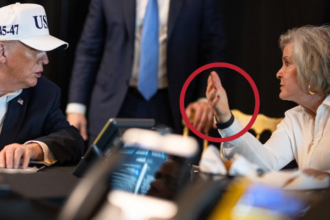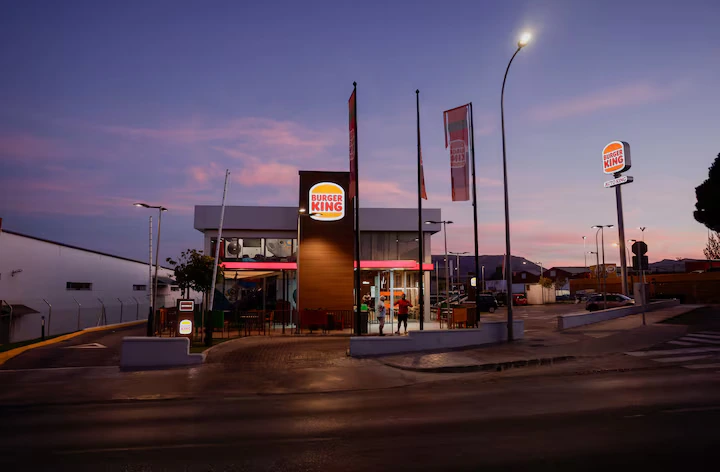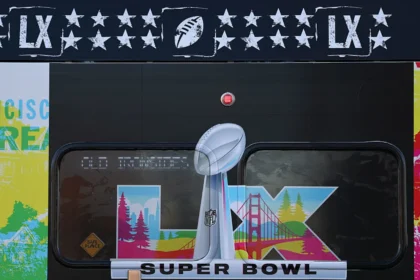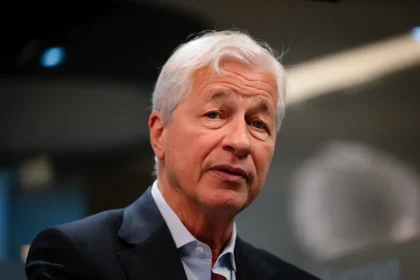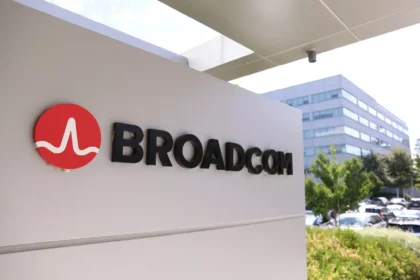At YourDailyAnalysis, we see a shift in the global fast-food landscape: discipline and value delivery are now outperforming brand power and expansion speed. Against a backdrop of cautious consumers and heightened competition, Restaurant Brands International delivered a rare bright spot this earnings season. The parent company of Burger King and Tim Hortons beat Wall Street expectations on revenue and profit, with shares rising around 2% in early trading. In a market where the consumer wallet is tighter and loyalty is harder to secure, RBI’s performance reflects not just resilience but strategic clarity.
Tim Hortons served as the portfolio’s stabilizing engine. With only about 11% of its footprint in the U.S., the brand benefited from softer macro pressure in Canada and its role in daily consumer routines. Coffee, breakfast, small-ticket treats – ritual-based spending showed staying power even as households trim discretionary budgets. From our perspective at YourDailyAnalysis, this underscores a core theme of the current cycle: in times of “quiet frugality,” brands integrated into everyday habits hold structural advantage.
Burger King, meanwhile, leaned hard into value innovation. Deals like “2 for $5” and “3 for $7” boosted traffic and strengthened consumer retention. These are no longer seen as short-term promotional tactics but as strategic tools in customer economics. Still, not all tailwinds are cost-free: beef inflation weighed on margins in the U.S. unit, highlighting a delicate margin-volume balance. RBI’s CFO noted that the pressure should ease as protein markets normalize, but execution will be crucial to avoid profitability erosion.
Industry signals are mixed. Shake Shack and Domino’s have delivered upbeat results through sharper operations and targeted offerings, while Chipotle lowered its outlook, warning that out-of-home dining demand may remain under strain through early 2026. The takeaway is becoming clearer each quarter: value, predictability, and operational rigor now outperform premium positioning and aggressive expansion.
Strong brand diversification and a global footprint remain RBI’s competitive anchors. In a market where consumers are prioritizing “smart choice” over “best choice,” the advantage lies in familiarity, frequency, and perceived fairness. Fast-food demand is holding, but winners are those who protect routine customer behavior and deliver transparent value without diluting brand equity.
At YourDailyAnalysis, we believe investors should monitor three key metrics: Burger King’s U.S. margin recovery, sustained morning-daypart strength at Tim Hortons, and marketing efficiency as value competition intensifies. If RBI can maintain margin discipline while defending traffic, it may strengthen its leadership as the industry resets expectations. The message from the sector is clear: the era of impulse-driven dining has ended. The winners will be those who turn everyday moments into consistent, defensible revenue – thoughtfully, steadily, and without noise.





